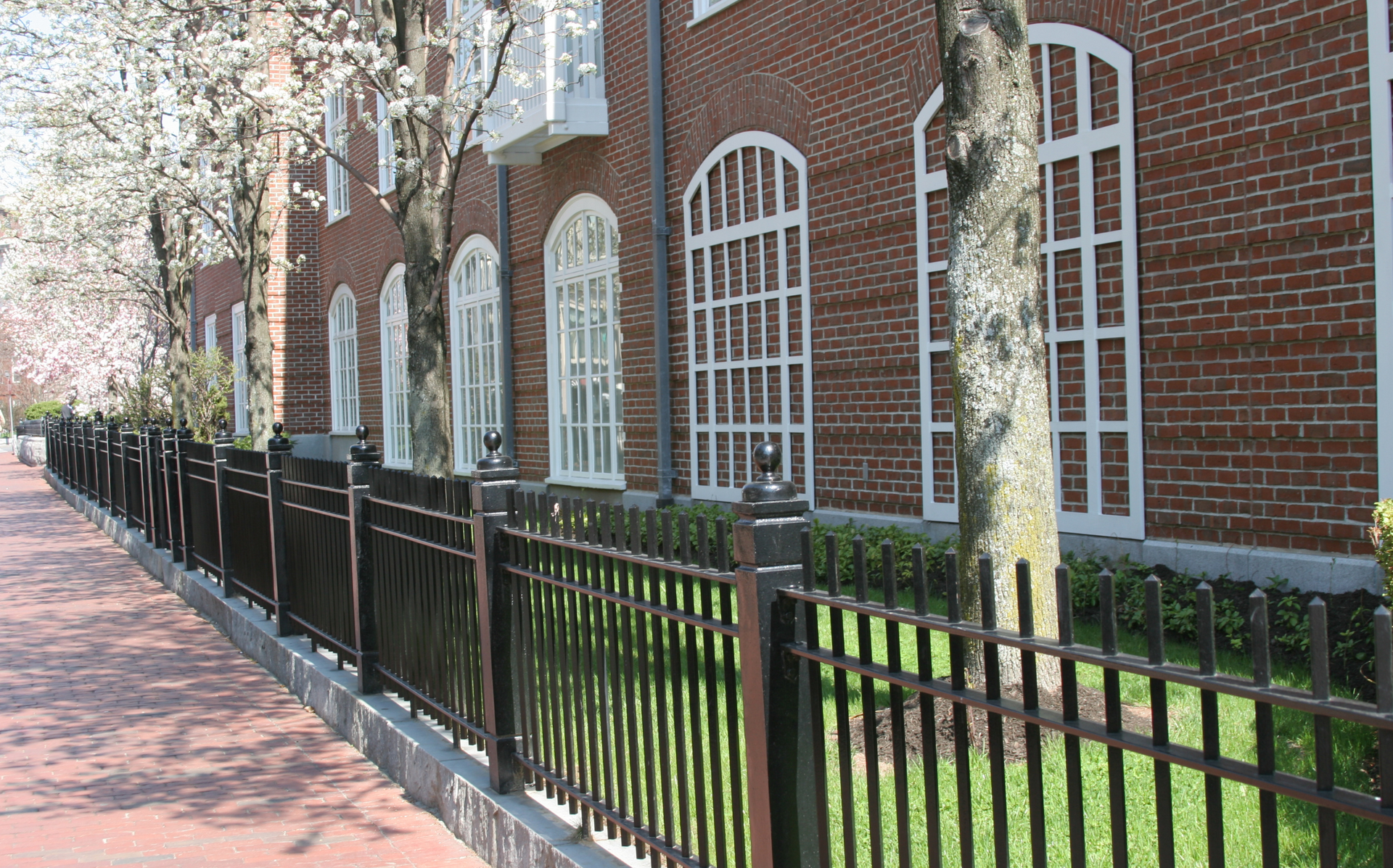Why USC Students Prefer Off-Campus Housing?

Choosing where to live is one of the most important decisions a USC student can make. While on-campus housing may seem convenient, more and more Trojans are discovering that life beyond the dorms has major advantages. From greater independence and affordability to upgraded amenities and a stronger sense of balance, off-campus living is becoming the preferred choice for many. In this blog post, we’ll explore why USC students prefer off-campus housing—and how it’s reshaping the college experience for the better.
Limited Campus Housing & High Demand
The University of Southern California (USC) faces an ongoing challenge with limited on-campus housing availability. With over 49,000 students currently enrolled, only a small portion—about 15%—are able to secure a spot in university-managed housing. Most of these spaces are reserved for incoming freshmen, which means that upperclassmen, graduate students, and international students are often left to explore alternative housing solutions. As a result, a large number of students are funneled into the off-campus rental market as early as their second year.
This high demand for housing has only intensified over time. USC has experienced a steady 20% increase in enrollment over the past decade, yet the development of on-campus housing has not grown at a comparable rate.
The university's housing infrastructure has struggled to keep pace with the rising student population, creating a significant gap between availability and need. This shortage has naturally led students to look elsewhere for living accommodations that offer more space, flexibility, and availability—making off-campus housing a practical and often necessary option.
Lifestyle Advantages of Off-Campus Living
One of the biggest reasons USC students prefer off-campus living is the increased sense of freedom and privacy it offers. Unlike dorm life, which often involves sharing a room with a stranger and navigating strict rules from resident advisors, off-campus housing allows students to design their own living environment.
Whether you want to live with a group of close friends, a significant other, or have your own space entirely, the choice is yours. This flexibility empowers students to shape a home that reflects their lifestyle, schedule, and comfort level—something dorms simply can’t provide.
Off-campus living also serves as an important step toward adulthood. Students are required to take charge of their responsibilities—from paying rent and managing utilities to cooking meals and keeping the place clean. These everyday tasks are valuable life skills that help students become more independent and better prepared for life after graduation. Additionally, renting off campus builds a rental history, which can make a big difference when applying for apartments or homes in the future.
Another major perk of off-campus housing is the ability to stay in the same place throughout the year. Many on-campus residences require students to move out during the summer, which means packing, storing, or hauling belongings back home—an expensive and time-consuming hassle, especially for out-of-state and international students.
Off-campus leases, on the other hand, can be renewed annually, giving students the stability to remain in one spot for the duration of their college experience. This continuity not only reduces stress but also makes it easier to focus on studies, work, and social life without the interruption of frequent relocations.
Financial Benefits of Off-Campus Housing
One of the most compelling reasons why USC students prefer off-campus housing is the potential for significant financial savings. Living on campus can come with a hefty price tag—monthly costs for campus housing often exceed $1,200, and that usually includes a shared room and communal amenities.
In contrast, off-campus housing offers more affordable options, especially when students choose to live with roommates. Shared off-campus apartments typically average between $800 to $900 per month per person, making it possible to cut living expenses without sacrificing comfort. When you consider the added space and privacy, it's clear that off-campus living provides better value for the money.
Another key advantage is the diversity of housing options and price points available off campus. Unlike USC’s on-campus housing, which tends to have a fixed pricing structure regardless of room type or location, off-campus options come in all shapes and sizes. Students can find anything from a modest studio to a spacious multi-bedroom apartment, depending on their budget and lifestyle.
By pooling resources and living with two or more roommates, students can significantly lower their individual monthly costs. This flexibility allows students to tailor their housing situation to fit their financial needs, which is especially helpful for those managing tuition, books, and other college-related expenses.
In addition to lower rent, off-campus housing often eliminates many of the hidden fees associated with living on campus. For example, students aren’t required to purchase expensive meal plans or pay inflated prices for basic necessities. Many off-campus communities include perks like in-unit laundry, free Wi-Fi, and utilities bundled into the rent. Another major cost-saver? Parking. On-campus parking is limited, expensive, and often inconvenient, while many off-campus apartments offer free or affordable parking options. These savings, both large and small, add up quickly—making off-campus living not only a lifestyle upgrade but a smart financial move.
Amenities & Comforts Off Campus
When it comes to daily comfort and convenience, off-campus student housing offers a level of quality that campus dorms often can't match. One of the biggest draws is having access to fully equipped apartments. Most off-campus units come with full-size kitchens—complete with stoves, ovens, refrigerators, and even dishwashers—giving students the ability to cook real meals instead of relying on campus dining halls.
Many units also feature in-unit washers and dryers, private bathrooms, and spacious closets or storage areas. These features provide a more home-like environment where students can live independently and comfortably.
Beyond the apartment itself, off-campus housing often includes community amenities that enhance the student living experience. Properties listing offer modern, community-focused spaces that go beyond just a place to sleep. Rooftop lounges, fully equipped fitness centers, co-working or study spaces, game rooms, and even mini theaters are becoming standard in many student-focused apartment communities.
These areas give students a chance to socialize, relax, or study in environments that are both comfortable and inspiring. The availability of these kinds of shared spaces supports a well-rounded college lifestyle that balances academics, health, and social life.
Another key benefit of off-campus living is the convenient access to everything students need—right outside their door. Many off-campus housing options near USC are located within walking or biking distance of local restaurants, grocery stores, coffee shops, and nightlife. This means students can easily enjoy the broader Los Angeles experience, rather than being confined to the USC campus bubble.
Additionally, many housing communities offer shuttle services directly to campus, making commuting quick and safe. Bike-friendly streets and public transit access also help make the daily journey to and from class efficient and affordable. All of these factors combine to make off-campus living a more dynamic and flexible option that supports both academic success and a vibrant student lifestyle.
Mental & Social Benefits of Off-Campus Living
Living off campus doesn't just affect where you sleep—it can significantly impact how you think, feel, and grow as a student and individual. One major psychological benefit is the opportunity to develop an identity beyond USC. While campus life often revolves around academics, school events, and university culture, off-campus living allows students to explore the larger Los Angeles community.
This broader environment can help students discover new neighborhoods, connect with locals, and experience diverse cultures and perspectives that aren’t always found within the campus bubble. For many students, this sense of independence is empowering. It encourages personal growth and a more well-rounded lifestyle, making college feel less like a bubble and more like a stepping stone into adult life.
Off-campus living also provides a more conducive environment for studying and focusing on academics. Dorm life, though lively and social, can be filled with distractions—hallway noise, shared rooms, and frequent interruptions.
In contrast, off-campus apartments often offer greater peace and quiet, which makes them ideal for focused study sessions. Many student-focused apartment communities even include dedicated study lounges, co-working spaces, or business centers equipped with Wi-Fi, charging stations, and printers.
These thoughtfully designed spaces help students stay productive and motivated without needing to head to the campus library every time they need to concentrate. With fewer distractions and more control over their surroundings, students living off campus are often better equipped to manage their time, reduce stress, and maintain a healthy academic routine.
Conclusion
Living off-campus is more than just an alternative—it's a lifestyle choice that gives USC students freedom, affordability, and a genuine sense of adulthood. From cost-effective rent to luxurious amenities, off-campus living for USC students has become the preferred path to thrive both academically and personally. Whether you're a freshman exploring options or an upperclassman ready for independence, the off-campus life has plenty to offer.
Frequently Asked Questions
Is off-campus housing cheaper than USC dorms?
Absolutely. One of the biggest reasons students prefer off-campus living is affordability. On-campus housing at USC can cost upwards of $1,200 per month, and that often includes shared rooms and limited amenities. In contrast, off-campus apartments—especially those shared with roommates—can reduce monthly costs significantly, with average rates ranging between $800 and $900 per person. Additionally, off-campus living eliminates mandatory meal plans and often includes utilities and amenities in the rent, making it a more budget-friendly option overall.
Where do most USC students live off campus?
USC students tend to settle in neighborhoods that strike a balance between convenience and cost. The most popular areas include North University Park, known for its vibrant student atmosphere and close proximity to campus; West Adams, which offers quieter streets and slightly lower rents; and University Park, where students can find more affordable housing, though often in older buildings. These areas are all within easy biking or shuttle distance to campus and are well-integrated with student-friendly amenities.
Can freshmen live off-campus at USC?
While the majority of freshmen are expected to live in on-campus housing, exceptions can be made. With prior approval or under special circumstances—such as living with family or having specific medical or personal needs—first-year students can request to live off campus. It's not the norm, but it is possible with the right documentation and university consent.
What are the biggest benefits of off-campus student housing?
Off-campus housing offers several key advantages: more living space, greater privacy, flexible lease terms, and significantly better amenities like full kitchens, in-unit laundry, and dedicated study spaces. It also provides students with a sense of independence and an opportunity to experience real-world responsibilities such as paying rent, managing bills, and living with roommates of their choice.
Is off-campus housing safe near USC?
Safety is a top concern for students and parents alike. Many off-campus housing providers understand this and offer robust security features such as gated access, surveillance cameras, smart locks, and dedicated shuttle services to and from campus. Choosing a well-reviewed property in a student-populated area can provide peace of mind and a secure living environment.











